Fashion As A Social Phenomenon
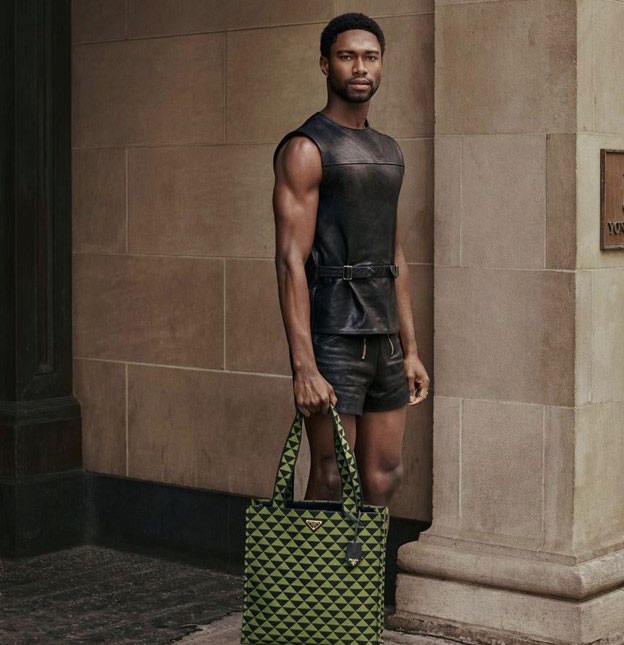
Fashion is a social phenomenon that has been a part of human culture for centuries. It refers to the prevailing style or trend in clothing, accessories, and other personal items that people wear or use to express their identity or social status. Fashion is not just limited to clothing and accessories, but it also includes hairstyles, makeup, and even body modification.
Fashion has a significant impact on society as it reflects cultural and societal changes. It is a form of communication that enables people to express themselves, their beliefs, and values. Fashion has also been used to challenge social norms and conventions. It has been a platform for social movements, such as the feminist movement, where women started wearing trousers to challenge traditional gender roles.
Fashion is also a reflection of economic, political, and environmental factors. For instance, during times of economic prosperity, fashion trends tend to be more luxurious and expensive. However, during times of economic downturn, fashion trends become more practical and affordable. In addition, fashion has also been influenced by political events, such as wars and revolutions.
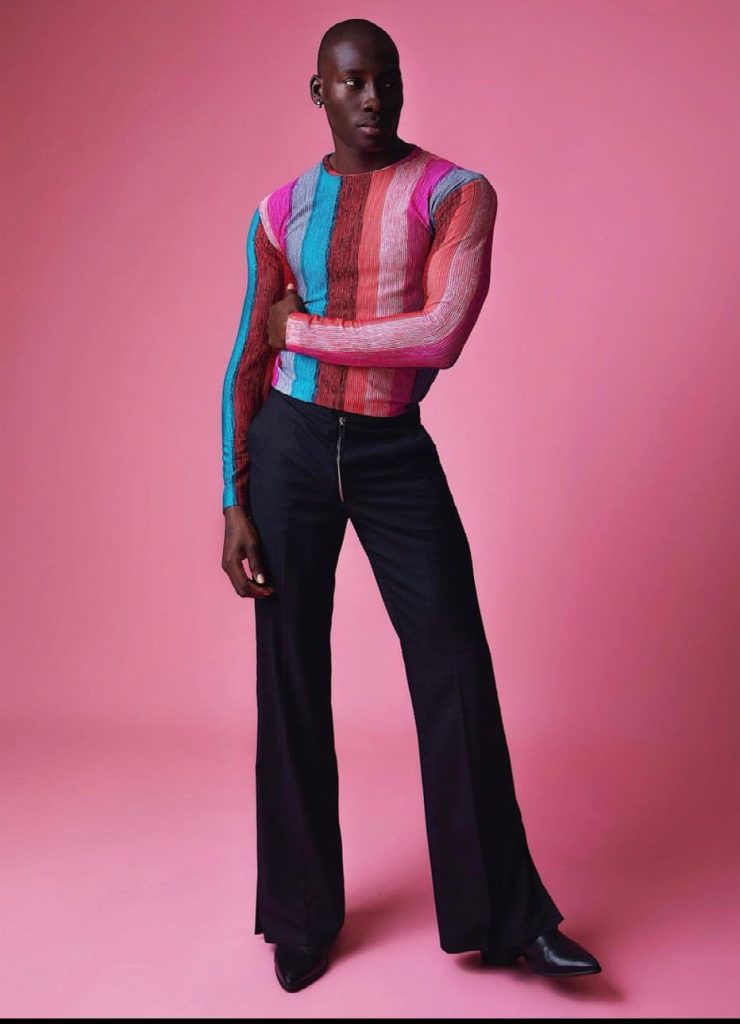
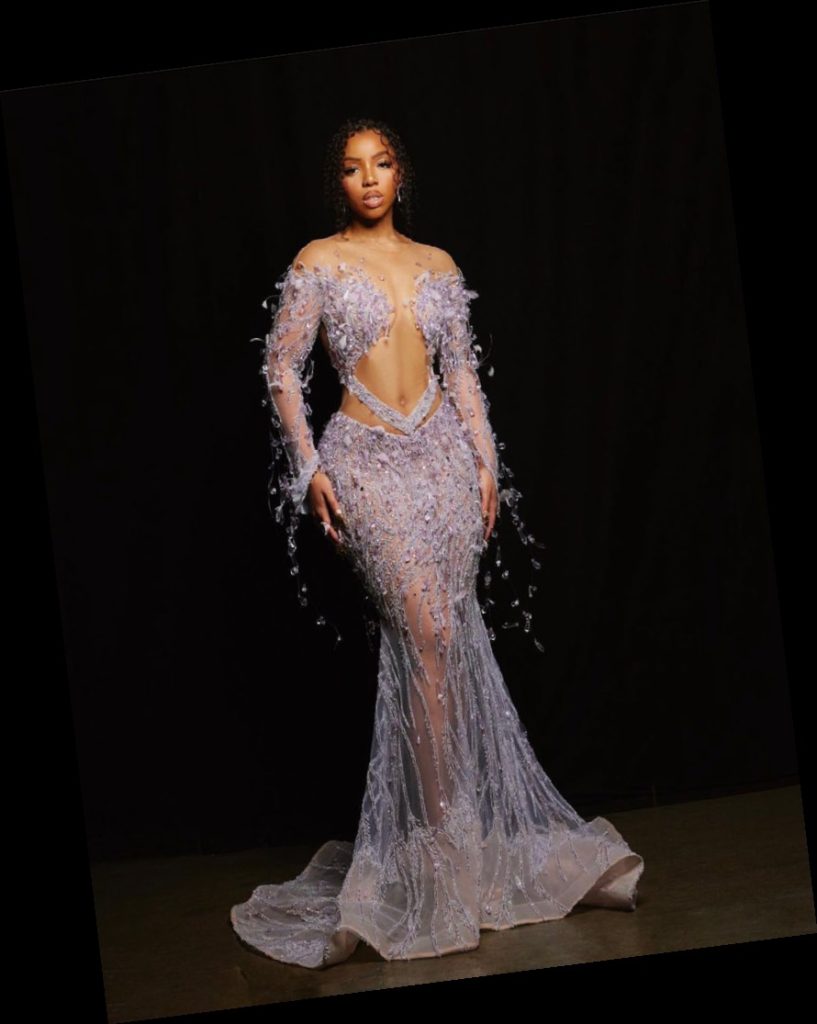
Yes, fashion is indeed a social phenomenon that is influenced by various cultural, economic, and historical factors. It refers to the prevailing styles, trends, and aesthetics that are popular in a particular time and place. Fashion encompasses clothing, accessories, hairstyles, makeup, and other forms of self-expression that people use to create a personal identity or convey a message to others.
Fashion is closely tied to society because it reflects the values, beliefs, and aspirations of a community. For example, certain clothing styles may be associated with particular social groups, professions, or subcultures, while others may be seen as more mainstream or acceptable in a given context. Fashion can also be influenced by factors such as technological advancements, globalization, environmental concerns, and political movements.
Moreover, fashion is not only a means of self-expression, but it can also be a form of social status, power, and influence. High-end fashion brands, for example, are often associated with wealth, luxury, and exclusivity, and wearing their products can signal one’s social position and identity. On the other hand, fashion can also be a source of creativity, innovation, and cultural exchange, as designers and consumers alike draw inspiration from different cultures, traditions, and experiences.
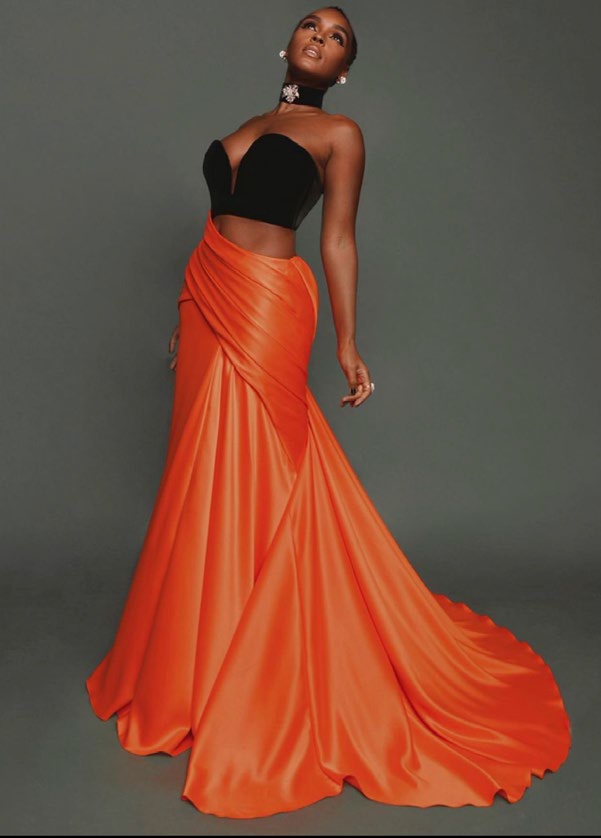
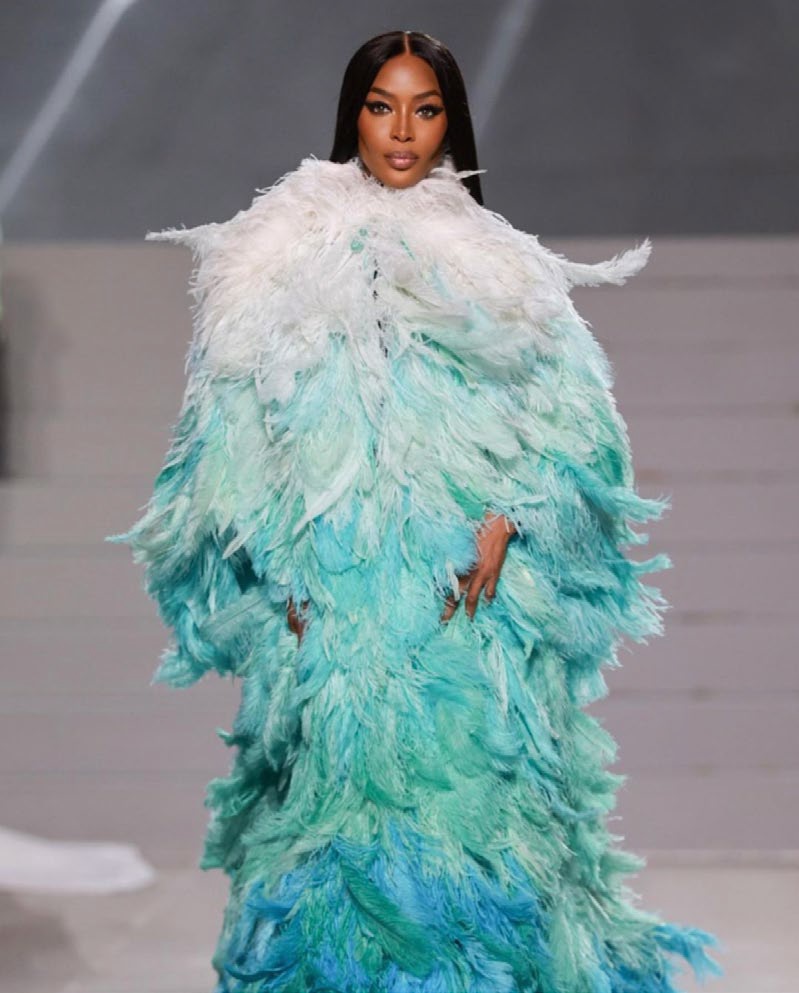
Overall, fashion is a dynamic and multifaceted phenomenon that reflects and shapes the social and cultural landscape of a society.
Furthermore, fashion has become more accessible due to advancements in technology, particularly in the field of e-commerce. Social media has also played a significant role in fashion as it has enabled people to share and consume fashion content at an unprecedented rate. This has led to the democratization of fashion, where anyone can participate in creating and consuming fashion content.
In conclusion, fashion is a social phenomenon that reflects cultural, societal, economic, political, and environmental factors. It is a form of communication that enables people to express their identity, beliefs, and values. Fashion has also been used to challenge social norms and conventions and become more accessible due to advancements in technology.
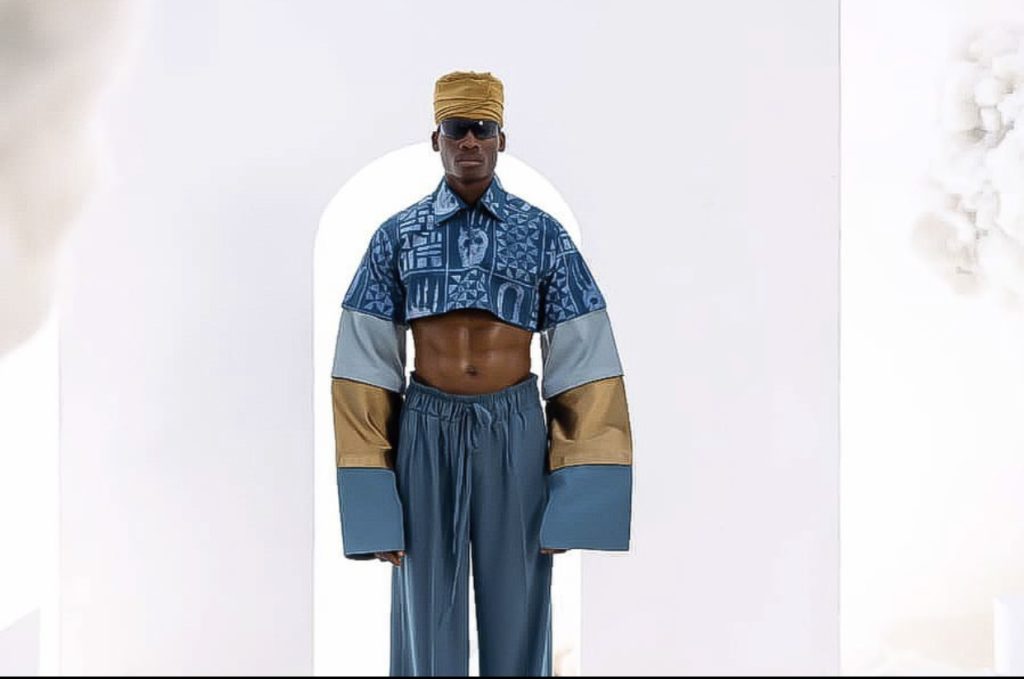




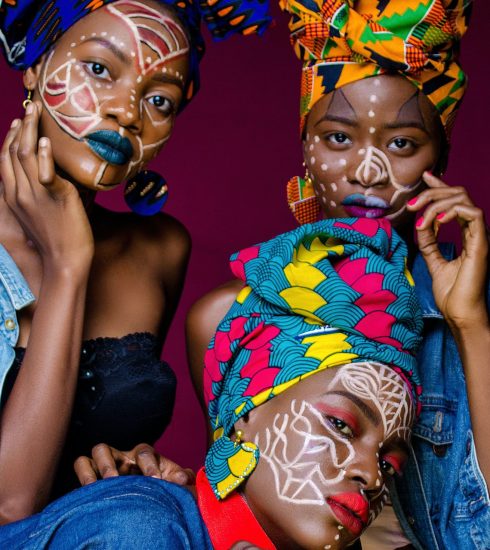

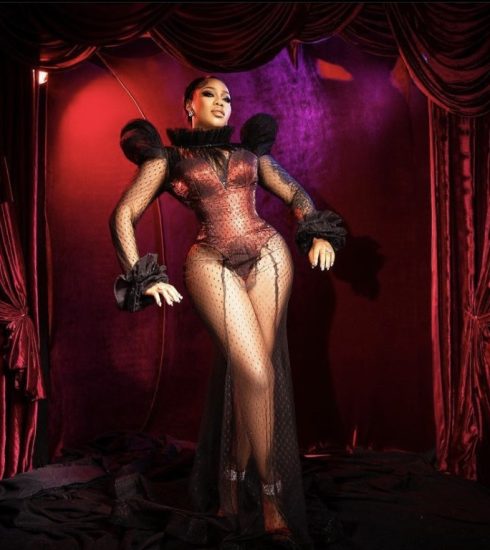
Unveiling the Mystery: The Significance of Burberry Tartan – Scone Palace
2 years ago[…] with any fashion phenomenon, controversy has been a part of the Burberry tartan experience. The brand’s commitment to […]